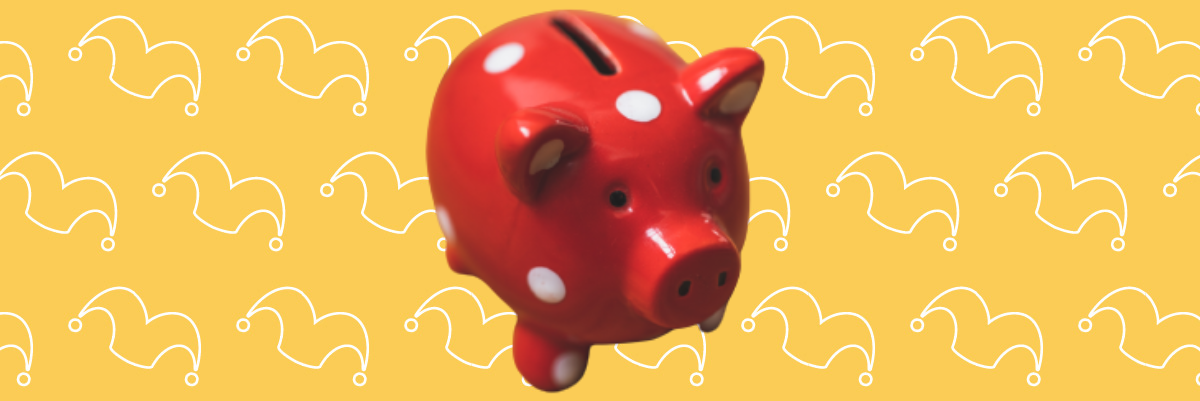Don't Ignore These High-Yield Savings Opportunities in August
KEY POINTS
- Savings accounts are a great place to put money you'll need soon.
- CDs are a good option for earning near-guaranteed returns.
- You'll need to invest your money in the stock market to earn the highest possible returns.
Determining where to put your hard-earned money can be challenging. It's easy to look at all the available options, get overwhelmed, and leave your cash where it is.
If you need help deciding which high-yield savings opportunities to take advantage of right now, here are a couple that could be a good option and one way to maximize your returns.
High-yield savings accounts
Unlike a traditional savings account with your bank, many online savings accounts offer much higher interest rates. For example, my bank has a savings account with an annual percentage yield (APY) of just 0.01%. Meanwhile, some high-yield savings accounts offer APYs of 5.00% or higher.
These online savings accounts are a great option because they work just like any other savings account, allowing you to transfer money between accounts and withdraw your money without penalty (note that some may impose a per-month transaction limit).
The one drawback of high-yield savings accounts is that their interest rates can change. If the Federal Reserve cuts interest rates soon, which it could do as early as next month, savings account APYs will likely fall as well.
Still, high-yield savings accounts will likely continue paying higher rates than traditional bank accounts. That makes them a great place to store your emergency fund, cash for an upcoming vacation, or money for the kids' back-to-school supplies.
Certificate of deposit
Another good high-yield savings option are certificates of deposit (CDs). CDs are an investment option in which you agree to have your money locked up for a set period and, in return, receive a (mostly) guaranteed APY return on your investment.
For example, if you have $5,000 and put it in a 3-year CD paying an APY of 4.00%, you'll earn $624 in interest.
CDs are a good option for some people because the interest rate doesn't change for the entire term, which gives you the peace of mind of earning a predetermined amount of money in an FDIC-insured account.
One major drawback to CDs is that you usually have to pay a fee to withdraw your money early. The fee is usually equivalent to 90 days of simple interest for CDs with shorter terms and 180 days of interest for CDs with longer terms. There are no-penalty CDs available, but they usually offer lower interest rates.
CDs can be a good place to store money you'll need for retirement spending or college tuition payments for your kids in a few years. However, since your money is locked up for a set term, they're not a great place for your emergency fund.
It's worth noting that CD rates could also decline soon if the Fed cuts rates. This won't affect a CD you already own, but if you open a new CD six months from now, after a rate cut, it's likely that CD will pay a lower interest rate than it pays right now.
The best place for the highest returns
While CDs and high-yield savings accounts can be good options for your money, they're not the best place to grow your savings. Investing in the stock market is a better option to maximize your investment returns over the long term.
The S&P 500's historic annual rate of return is 10.2%, far higher than CDs and savings accounts.
There's no guarantee you'll earn that rate of course, but the potential for significantly higher returns in the stock market makes it a far better place to put your cash over the long term. Opening a brokerage account and buying a low-cost index fund is a great way to get started.
The good news is that you have multiple options for your money right now, whether you choose a high-yield savings account, CD, or invest your money in the market. Just figure out what your financial goals are and then choose the account that best fits your needs.
Our Research Expert




